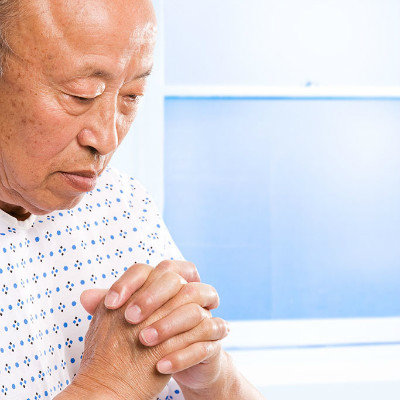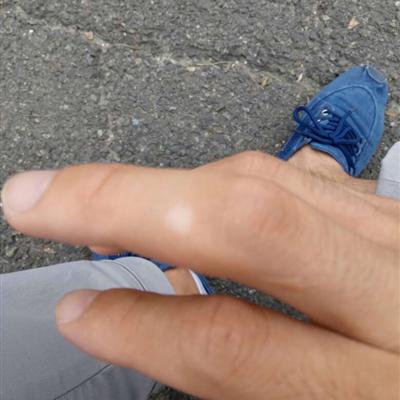What is the cause of blood in toilet paper
summary
Some people go to the toilet and inadvertently find blood stains on the toilet paper. Even if there is blood in the stool, it is generally seen in the bleeding of colon and rectum, but occasionally upper gastrointestinal bleeding can be seen. There are many diseases causing hematochezia, such as hemorrhoids, anal fissure, rectal polyps, rectal cancer, ulcerative colitis, etc. Moreover, different age groups of hematochezia may be caused by different diseases. I'd like to share with you some knowledge about hematochezia.
What is the cause of blood in toilet paper
First: hemorrhoids can cause hematochezia, usually in defecation or after defecation, the blood color is bright red, and the blood and feces are not mixed, feces dry hard. Generally, when eating spicy food such as chili, hematochezia will appear, and hemorrhoids and hematochezia will aggravate. So the diet should be as light as possible, especially for patients with hemorrhoids and constipation.

Second: anal fissure patients with hematochezia, there is tearing or knife cutting pain in defecation, pain often lasts for a period of time after defecation. To prevent anal fissure, we should defecate regularly and eat more vegetables to keep the stool unobstructed and prevent constipation. We should avoid tobacco and alcohol, spicy and irritating food and eat more fresh fruits, vegetables and crude fiber food.

Third: rectal polyps and bloody stool are common in minors. They are blood and covered on the surface of feces without mixing. We need to cultivate good eating habits and change the habit of taking meat and high protein food as the staple food. Eat less high-fat food, especially to control the intake of animal fat.

matters needing attention
Hematochezia, which is common in intestinal diseases, may also be other systemic diseases or systemic diseases, such as blood diseases, vitamin deficiency, poisoning, etc. At this time, if the cause is not clear, the general need to go to the hospital to make a diagnosis.










